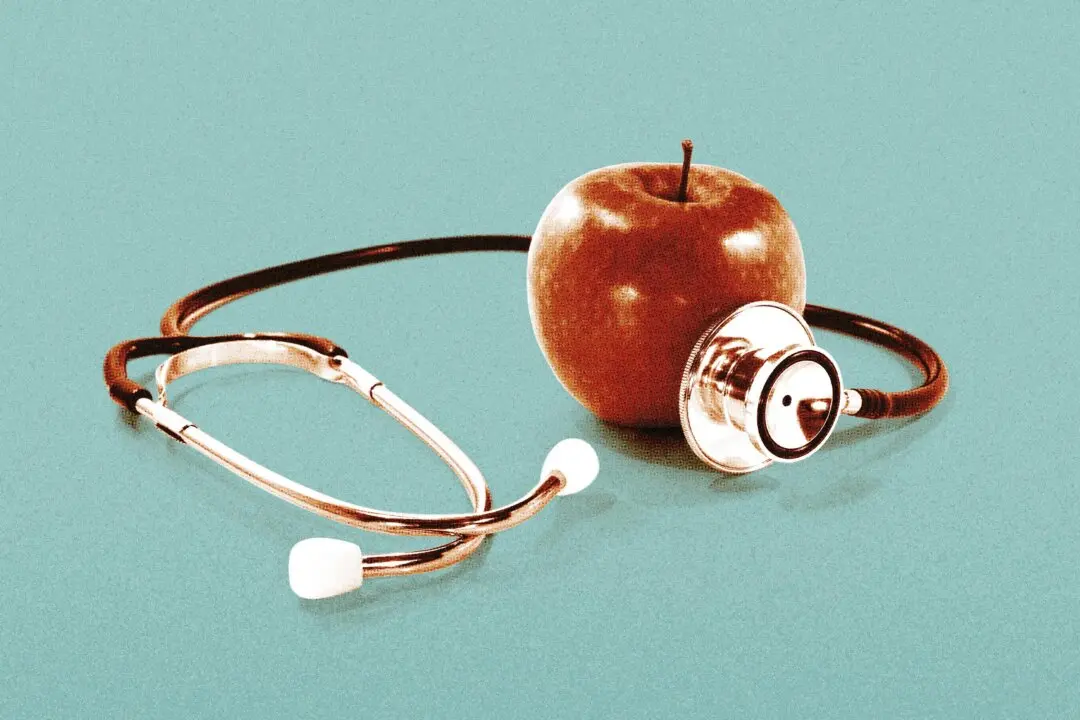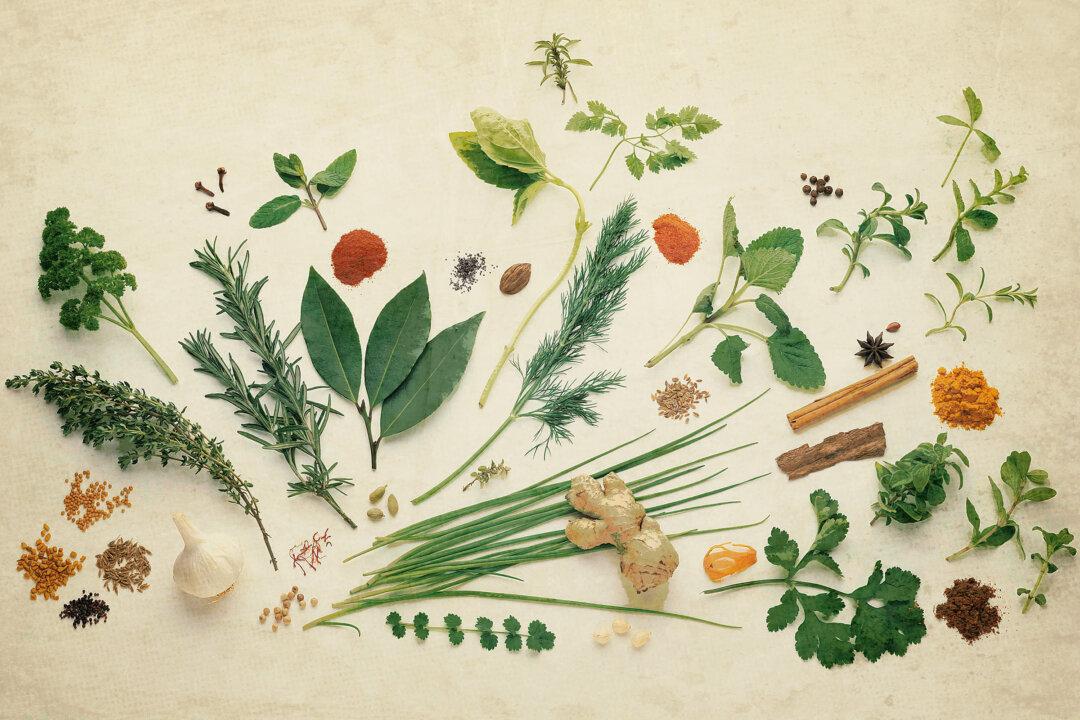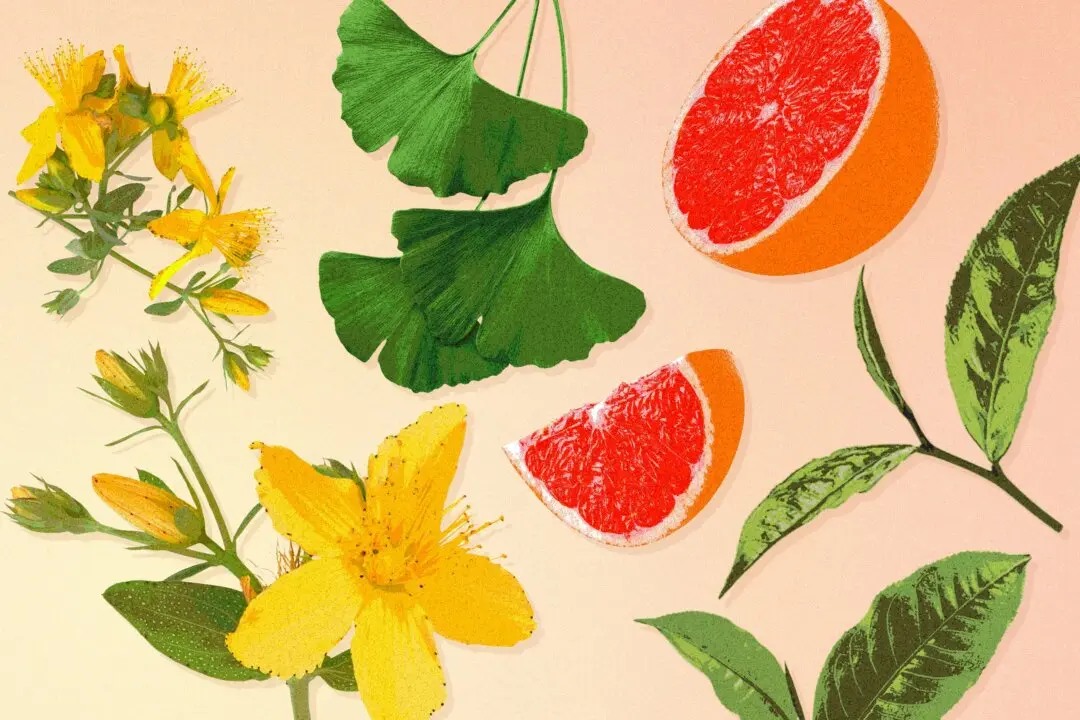An old Chinese proverb has it that “He that takes medicine and neglects his diet wastes the skills of his physician.”
Hippocrates also said, “Let food be thy medicine,” in the 5th century B.C. These two bits of wisdom from different parts of the globe tell us what was well-understood hundreds of years ago: What we eat is an important factor in maintaining health as well as recovering from disease. And even today with our advances in medicine and technology, food is still the best medicine and the easiest and most impactful way to stay healthy and disease-free.






